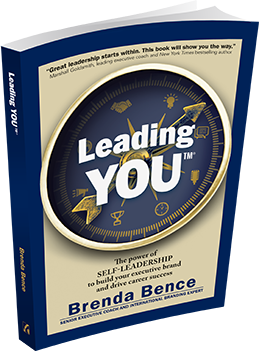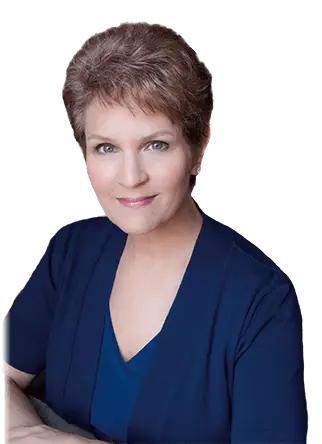As a busy exec, you’re constantly pulled in many directions. Headquarters wants your profit projections for next quarter a week in advance of when you planned, there’s a line of direct reports at your office door waiting to meet with you, your inbox is filled with 200+ unanswered emails, and a not-for-profit organization wants you to give the keynote speech at an upcoming charity dinner. In the meantime, your son needs help with his math homework, your spouse complains because you haven’t been home for dinner in a week, and your ailing parents’ financial situation needs your attention. Something has to give, right? But the question is: What?
For senior executives, learning how and when to say “no” — unapologetically and without guilt — is fundamental to leadership success.
Overextending yourself causes physical and emotional stress, can damage relationships and can leave very little time to take care of yourself. This can cause your health to worsen, increase your blood pressure, and make you ill before you know it. It’s a vicious circle if you don’t stop it.
For some of us, saying “no” can be hard because of cultural norms or because we were raised to be helpful to others at all costs. Others have a misguided notion that they can indeed “do it all.”
Whatever the reason, you must be in charge of when you say “yes” and when you say “no” in order to take control of your life. Learning to say “no” in a calm, comfortable, and collected way is critical to success as you move up the corporate ladder. In fact, it can be one of the best things you do for yourself — and for those you love. It will reduce stress and give you back time for what — and who — is most important.
If saying ‘no’ is something you’d like to do better, here are some steps to follow:
Step 1: Accept that you do need to learn to say “no” better.
Take an assessment of all of the activities you’d like to cross off your list. What problems do you encounter because you’ve said “yes” to these activities? How would your life be better, less busy, and more peaceful if you could learn to say “no” effectively? Make a full list of all of the benefits of saying “no.”
Step 2: Recognize opportunities to say “no.”
A keen awareness of a problem is the key to changing it. For a week, take note of all of the opportunities when you could have said “no” but chose to say “yes.” What drove those decisions? Note the times when you felt glad to say “yes” and those when you didn’t. This will help you sort out what is most important to you.
Step 3: Practice saying “no” to smaller requests first.
A sympathetic but firm “I’m sorry; I can’t do this right now” works well. If you’re asked why, simply reply that it doesn’t fit into your schedule. Then, change the subject. Most reasonable people will accept this as an adequate answer.
Step 4: Take note of what it’s like to say “no” to the little things.
After each positive experience of saying “no,” sit back and assess it. What did you experience? Relief? Self-confidence? Pride in your ability to push back? Recognize and reward yourself for this. It will soon become commonplace for you.
Step 5: Make “no” a regular habit.
After regular practice, you’ll find yourself able to say “no” to increasingly bigger requests. You’ll be able to discern quickly when you want to avoid something and when you’re happy to say “yes.” Check back with the “benefits” list you made in Step 1 to remind yourself of the impact this skill will have on the overall quality of your life.
You may never be completely rid of the guilt feelings or discomfort that come when you have to say “no” to someone. But doing so will eventually have less of an impact on you.
Remember: You’re not a bad person — and certainly not a bad leader — just because you don’t say “yes” to everything that is asked of you. You will actually do less good for others in your life if you haven’t done what’s right for you first. And that’s just one more benefit of successfully mastering the art of saying “no.”

LEADING YOU™
The most important driver of overall success is your own self-leadership. How you lead yourself directly impacts your ability to lead others, and that, in turn, can prevent you from reaching your full potential.
Discover the power of SELF-LEADERSHIP to build your executive brand and drive career success.

 Brenda Bence is sought after across six continents as a Certified Executive Leadership Coach, internationally recognized branding expert, and the author of 11 award-winning books on leadership, coaching, and branding. A Global Certified Speaking Professional, Brenda is in demand as a top-rated motivational speaker, engaging audiences around the world, both in-person and virtually.
Brenda Bence is sought after across six continents as a Certified Executive Leadership Coach, internationally recognized branding expert, and the author of 11 award-winning books on leadership, coaching, and branding. A Global Certified Speaking Professional, Brenda is in demand as a top-rated motivational speaker, engaging audiences around the world, both in-person and virtually.